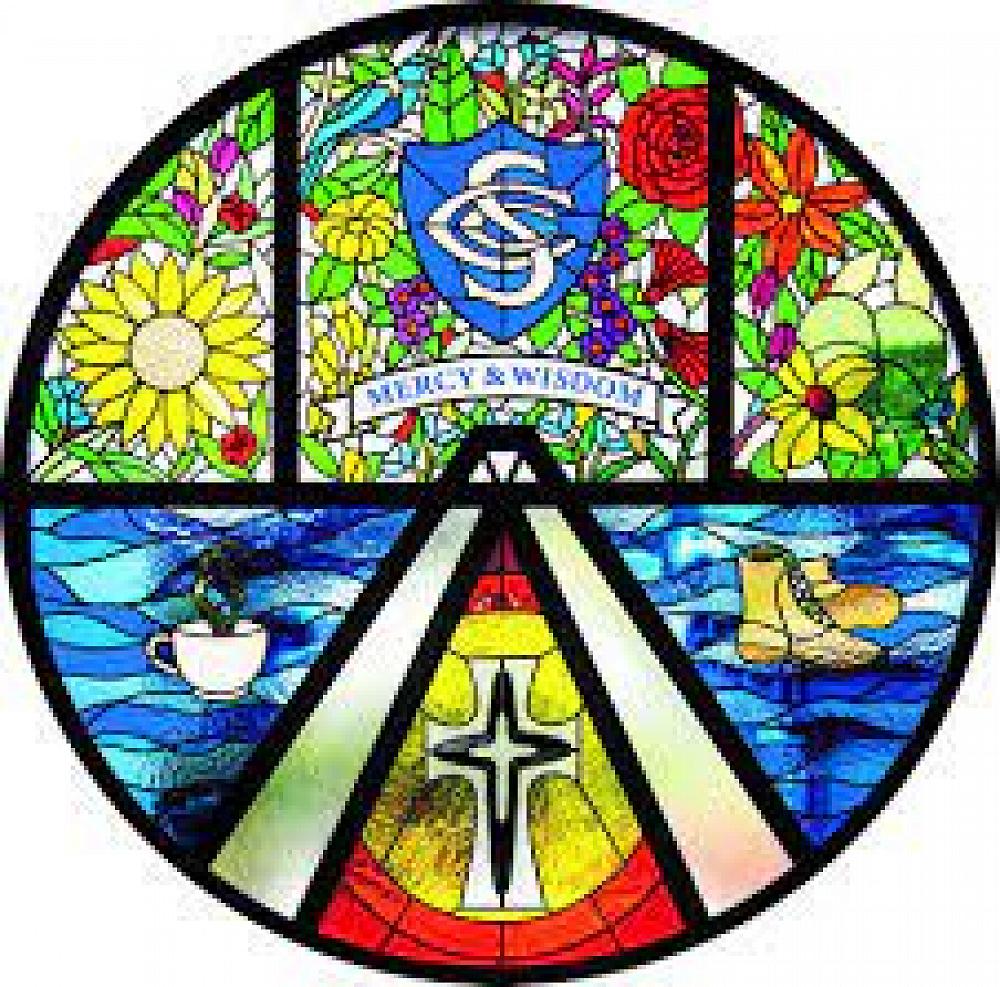
Tēnā koutou katoa e te whānau
Want to live longer younger? - make the education of our young women our priority.
Catherine McAuley's mission was to care for the poor and educate women. She did this to bring freedom and a better quality of life. Dr Norman Swan was recently interviewed by Kim Hill on his new book, "So You Want To Live Younger Longer?"
I was interested in his suggestion that if we want as many people as possible to live longer, we need to focus on education. There has been a debate between curative and preventive doctors focusing on Public Health. The curative doctors declared themselves triumphant with curing tuberculosis with new drugs and antibiotics; the public health doctors argued it was what they had done in the area of better housing and nutrition. There is no definitive answer as the decline in tuberculosis was gradual. Two historians took the study further by researching two parishes in Europe that were equally as poor, with poor housing and poor nutrition, yet one parish had less tuberculosis or (consumption), and they lived longer than the other parish nearby. What made the difference was the parish with less illness and who lived longer had taught girls to read and write.
"When women are educated the world changes, women are guardians of the family, wealth goes up, knowledge goes up..." (Dr Norman Swan). He went on to say that when girls' education is a priority, there is more critical thinking, and the life expectancy of the entire community goes up.
Changes to NCEA as a response to COVID-19 challenges
The Associate Minister of Education announced changes to NCEA that recognise the impact student and teacher absences due to COVID-19 and other winter illnesses have had on teaching, learning and assessment this year.
In 2022, students will be entitled to 1 Learning Recognition Credit (LRC) for every 5 credits earned through assessment, up to a maximum of:
NCEA Level Maximum LRCs
1 10
2 8
3 8
To receive a Certificate Endorsement, students will need 46 credits at Merit or Excellence level, instead of the usual 50.
To be awarded University Entrance, students will need 14 credits in each of two UE Approved subjects, and 12 credits in a third UE Approved Subject (they will also need to attain NCEALevel 3 and meet the regular literacy and numeracy requirements).
Please do not let your daughter lose sight of her goals. It is crucial that our students make the most of the rest of the year. That they are at school when they are well. Attendance is crucial to achieving academic goals. Please get your daughter to check her credits, and ensure these are correct. If you have any questions, don't fully understand the changes or have concerns please make contact.
Board of Trustees
I would like to take this opportunity to thank the Board of Trustees. Governance is a big responsibility as a community, we appreciate your time and expertise. During your time you have appointed a new Principal, produced the draft for the new strategic plan, been named in the top 15 schools in New Zealand for academic results and had a roll growth of 10%. We farewell
- Evan Hoskins (parent rep)
- Christine Cessford
- Rebecca Rapira-Davis
We welcome
- Nicholas Small
- Timoti Brown
- Fay Fruean-Va'ai
- Stephanie Kuttner
- Keiran Marie Kennedy
- Mandy Page (Staff Rep)
Returning members
- Tania Hopmans (Proprietors Rep)
- Sr Stephanie Kitching (Proprietors Rep)
- Stephanie Kuttner (Parent Rep)
- Jacqueline Croft (Proprietors Rep)
- Ella Cessford (Student Rep)
Year 13
The National Centre for Religious Studies, the Centre for Science and Citizenship, and The Nathaniel Centre wish to understand young people’s thinking about some significant issues of our times. To do this, they are inviting Year 13 students from across the country to take part in a short, anonymous online survey called “What Is Your Stand?” Each question in the survey outlines a particular issue and asks the student where they stand on this issue. They are then asked to provide reasons for their stance. The results will provide insights into the ways that young people are responding to the world in which they find themselves and the ethical issues that arise here. The survey is the second phase of a larger project in which the researchers will explore (via focus groups) how young people are conceptualising and navigating the ethical challenges with which they are confronted.
